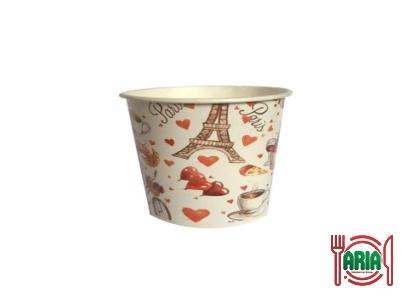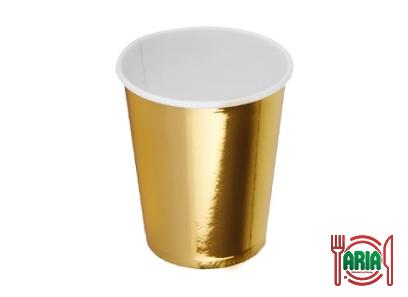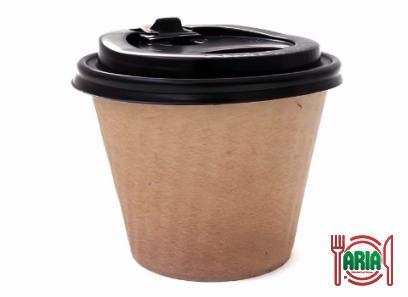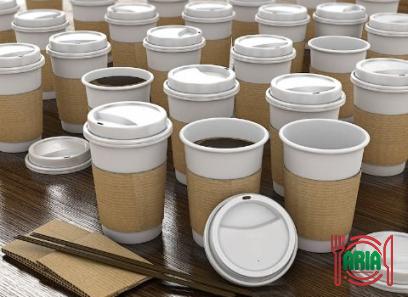A cartoon for an egg can be made of disposable materials like plastic to keep eggs upright.
The majority of the egg cartons that we sell are made of plastic, and we created many of them ourselves. Our plastic boxes were developed to be as sturdy as is practically feasible while yet maintaining an affordable price point.
We have put in a lot of effort to guarantee that the closures are strong enough to prevent the cartons from being easily opened.
Egg cartons made of plastic are completely recyclable because they are all made from PET plastic that has been recycled completely. As a means of catering to customers’ varying requirements, the majority of these cartons are offered both with and without labels.
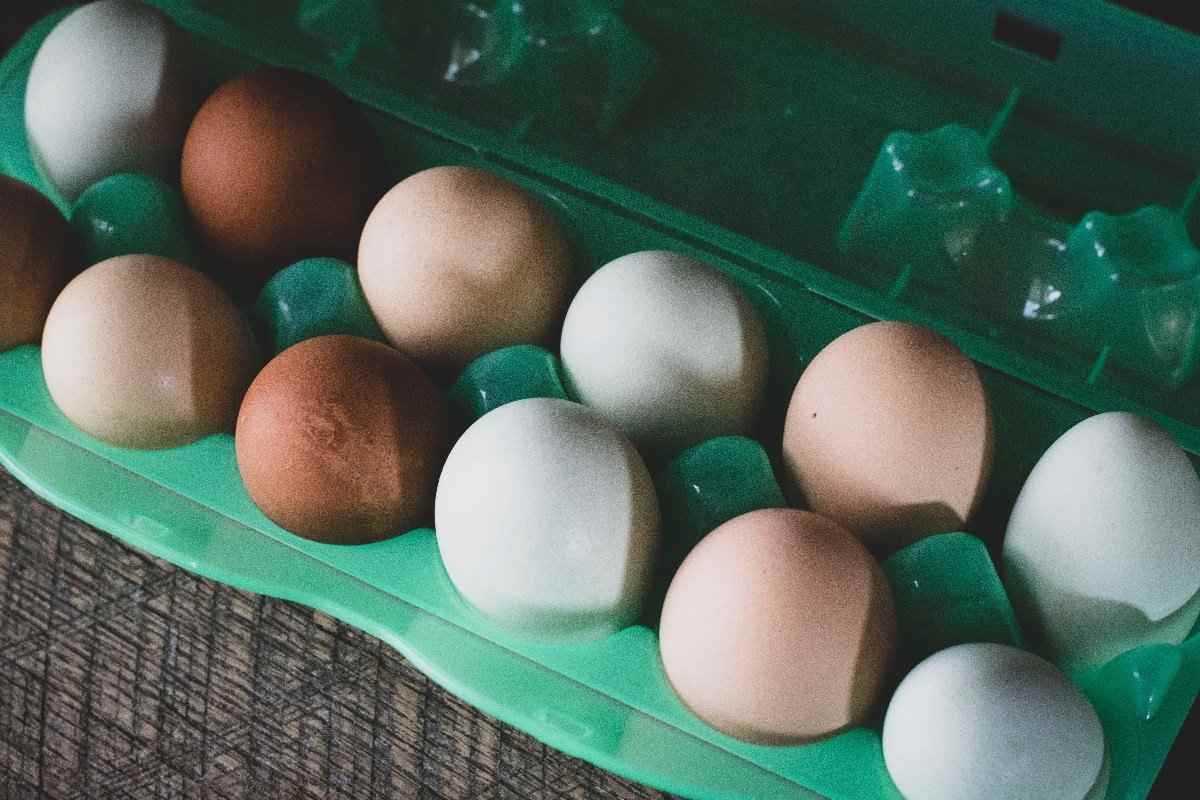
We are pleased to boast that we have the widest selection of plastic egg cartons in all of North America, accommodating a variety of egg sizes (including chicken plastic egg cartons, duck, goose, and quail plastic egg cartons).
Cell counts are also available in a wide range of options for our cartons (Plastic 6 egg or less cartons, split 6 plastic egg cartons, and, 12 egg plastic cartons).
We have a wider variety of cartons available than the typical plastic 2×6 inch carton that can be found in any supermarket or farmer’s market.
We have manufactured both round and square plastic cartons that have ample space for labeling. We manufacture our own tri-fold plastic cartons, which are the most costly and long-lasting cartons we provide.
Egg cartons made of paper are produced by manufacturers using molded pulp. The combination of cardboard, recycled paper, and other low-grade paper materials is what makes up molded pulp.
They are not only more environmentally friendly but also more reasonably priced.
Are paper egg cartons recyclable?
Egg cartons made of paper can be thrown straight into your recycling bin. There is a sign on certain paper cartons that indicates they may be recycled; this mark indicates that the paper carton can be shredded into pulp and then used to produce new paper goods.
However, you are unable to recycle some paper cartons further since, during manufacture, they are already broken down to the smallest form.
This prevents you from recycling certain cartons. Paper cartons of this sort cannot be recycled at these facilities to be used in the production of other paper goods; as a result, they are thrown away in the garbage.
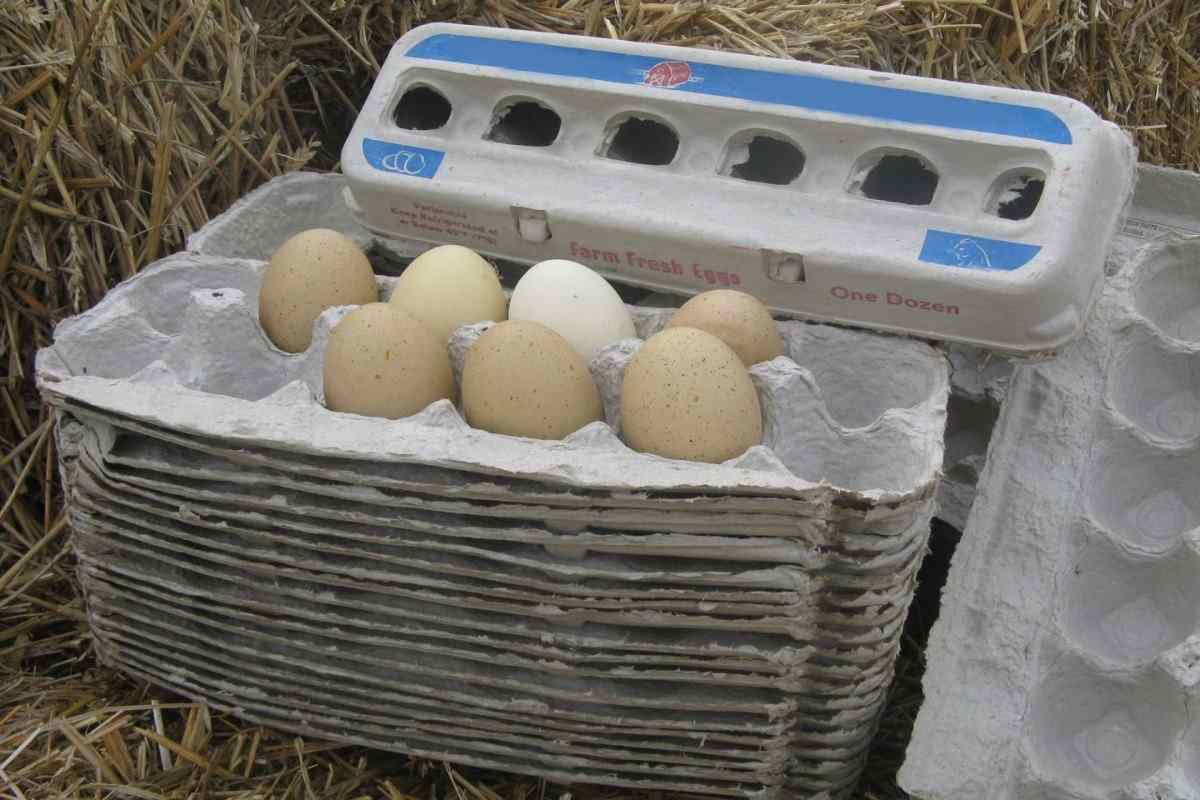
Egg cartons may be recycled at facilities that are specifically designed for that purpose. However, you need to check that there are no egg remnants or any other kinds of food waste since this might potentially taint the whole process of recycling.
Check with the relevant authorities in your area to see whether there is a curbside recycling program for egg cartons. Before you put your egg cartons in the recycling bin, you should check them to make sure they have the recycling symbol on them.
Egg containers made of transparent plastic
Egg cartons made of translucent plastic are often fabricated by manufacturers utilizing polythene or PET plastic.
The plastic is heated and processed in order to make molds, which are then utilized in the manufacturing of cartons that are contoured to suit the eggs.
When compared to styrofoam cartons, these plastic cartons have a more positive impact on the environment due to their lower energy use throughout the production process.
Nevertheless, just like the vast majority of things created from plastic, they do not pass the test of being ecologically benign.
Can egg cartons made of plastic be recycled?
Sometimes, manufacturers may build plastic cartons utilizing recycled materials such as soda bottles rather than virgin plastic.
They are classified as plastic number 1, and they can be recycled in any facility that accepts that material. These recycling facilities can recycle clear plastic egg cartons as long as there are no food residues.
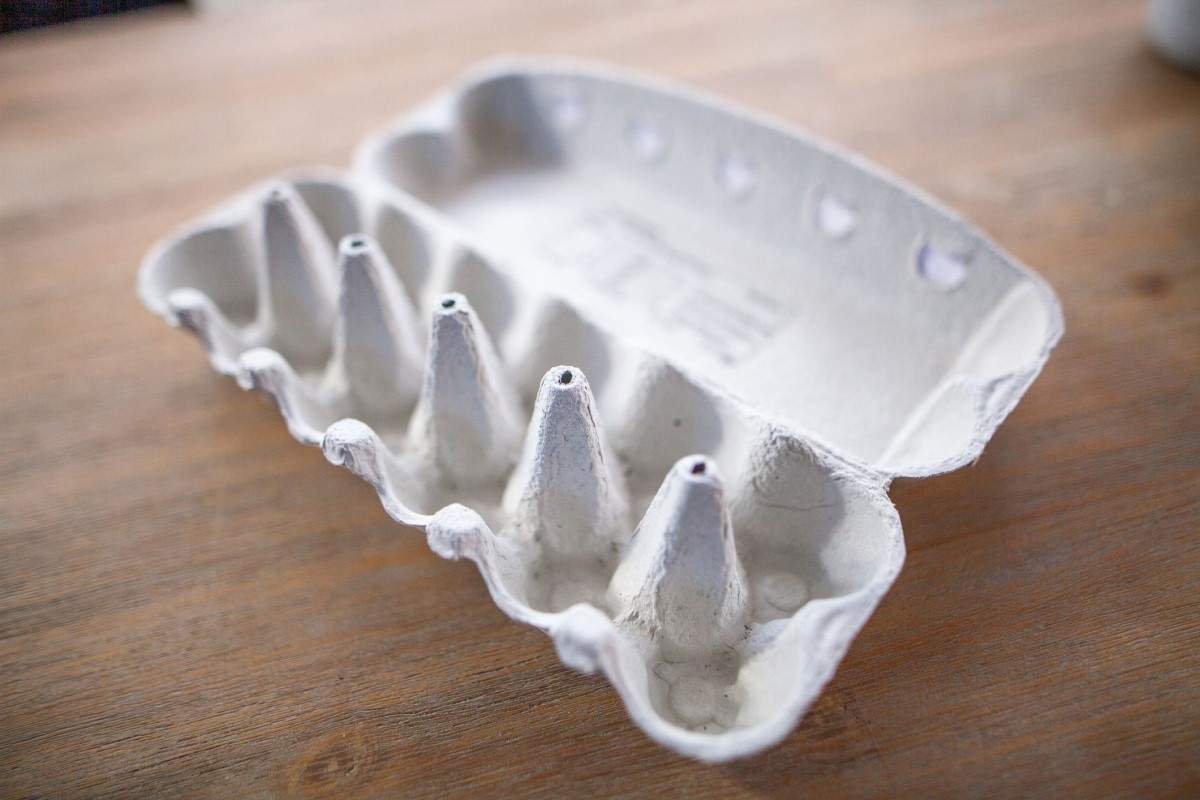
Plastic egg cartons, as opposed to paper or cardboard egg cartons, are much simpler to clean and deposit in the recycling bin after use. On the other hand, they are not as favorable to the environment as egg cartons made of cardboard.
egg trays made of Styrofoam
Egg cartons made of Styrofoam are composed of polystyrene, a kind of material that is used in the production of plastic.
The substance known as polystyrene is one that is both lightweight and adaptable. They are not only inexpensive but also make for great insulators.
Polystyrene, on the other hand, has the potential to do harm to the surrounding environment. When styrofoam breaks down in landfills, it releases harmful chemicals into the environment, which contributes to the pollution of the air.
When it breaks down in the water, Styrofoam may release chemicals that are harmful to marine life.
Egg cartons made of Styrofoam—are they recyclable?
The material that is the least favorable to the environment is the styrofoam egg carton. They cannot be recycled and neither can they be composted.
At recycling centers, polystyrene is not one of the materials that are allowed. If it ends up in a landfill, the egg carton made of foam might take a very long time to biodegrade, if it ever does.
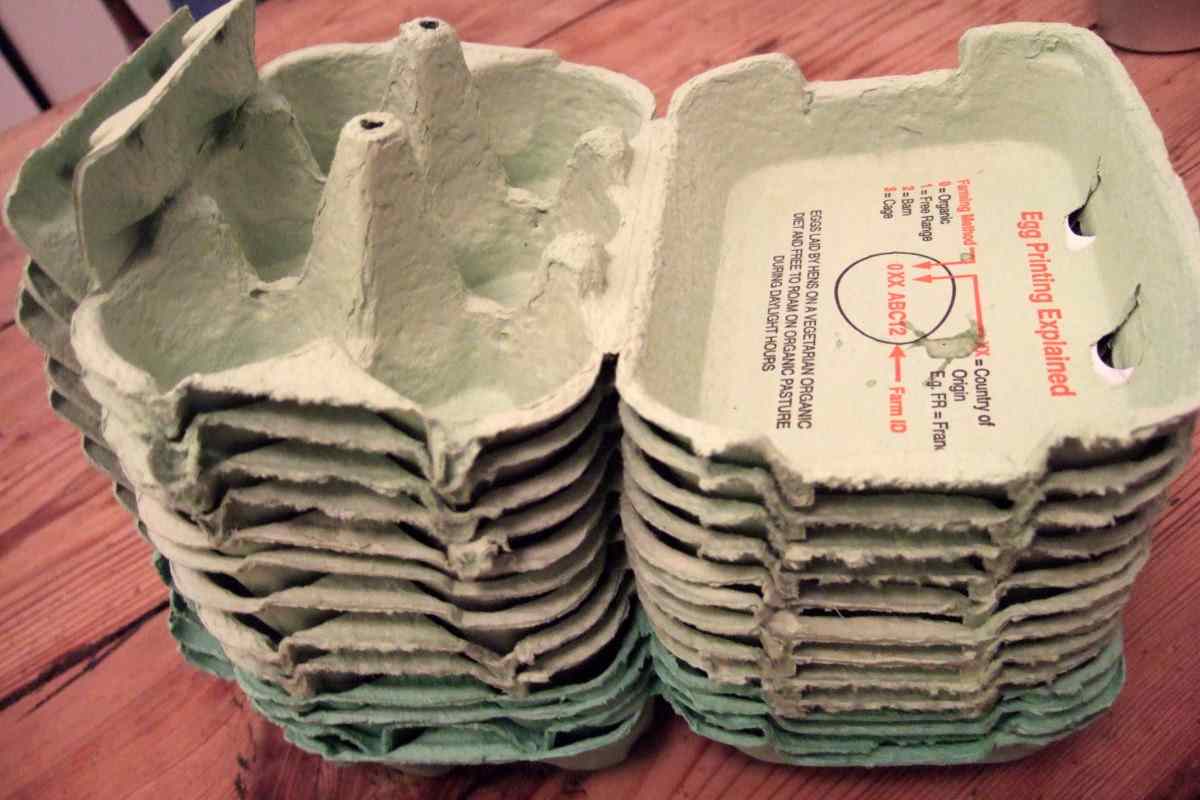
Additionally, the substance made of styrofoam has been linked to a variety of health problems, such as headaches, irritation of the eyes and respiratory system. Reusing foam egg cartons, if possible, or not using them at all is going to be the best alternative.
The proper way to recycle both cardboard and plastic egg cartons
Make sure that any food residue has been removed completely from the egg cartons before you recycle them and send them off to be processed. Egg contamination, along with other types of food particles, has the potential to throw off the whole recycling process.
Local curbside pickup
Egg cartons are often recycled via the curbside collection service in their local communities.
To use this approach, all you need to do is collect your egg cartons and throw them away in a receptacle designated for recyclables.
Before placing any plastics out for collection, ensure that they have either the recycling symbol or the number 1 printed on them.
Take back programs
Egg cartons may be recycled, reused, or composted, and there are local grocery shops and farms that collect them for these purposes.
Many farmers may reduce their expenses by participating in these schemes. It is also an excellent strategy to prevent empty cartons from being thrown away or taken up space in landfills.
You might find out whether there is a take-back program at your neighborhood grocery shop that accepts egg cartons by inquiring about it.
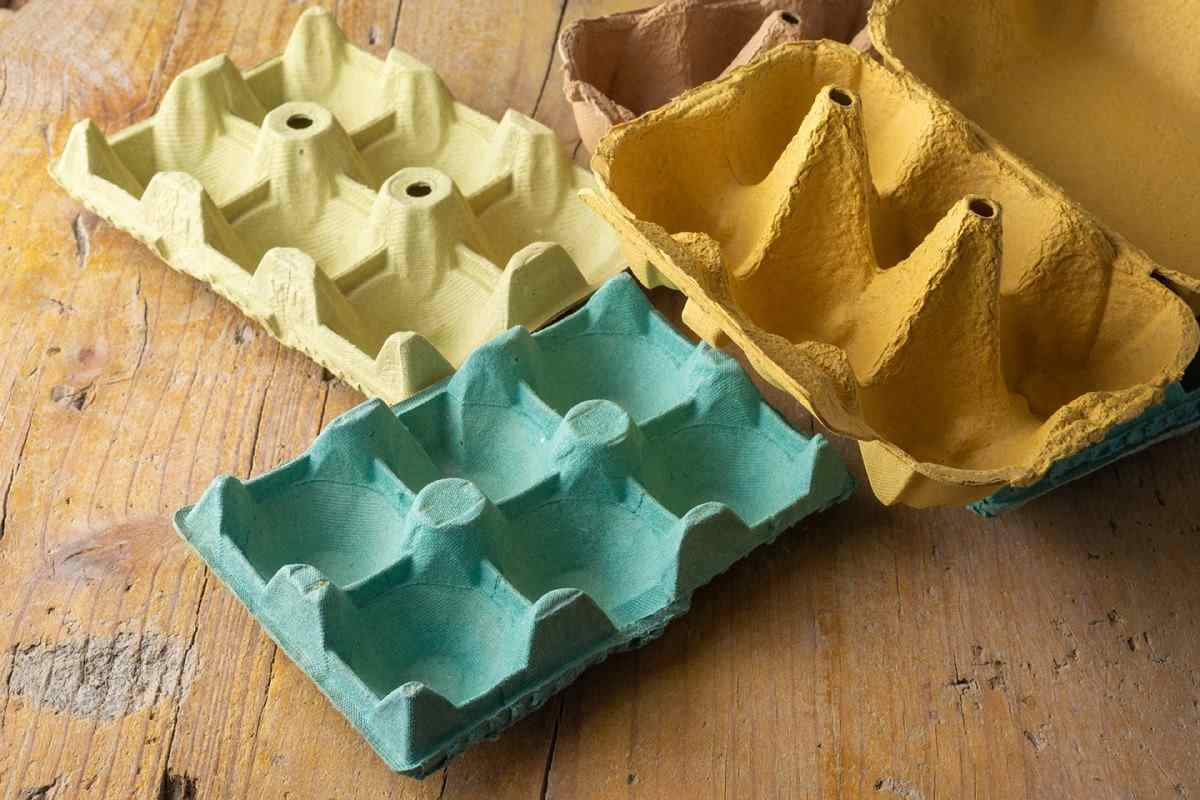
Are egg cartons biodegradable?
When something decomposes and provides nutrients to the soil, we refer to that substance as being biodegradable. The kind of material that egg cartons are made of will determine whether or not they are capable of biodegradation.
Egg cartons are most often made of cardboard, polystyrene or styrofoam, and plastic, as was previously mentioned.
Cardboard containers are biodegradable. They have the ability to break down into the soil and generate nutrients when they are subjected to air and water. Cardboard is made out of wood fibers, which decompose over time naturally.
Egg cartons made of Styrofoam and plastic cannot be broken down by natural processes. They may or may not find their way into garbage cans before being sent to the landfill.
Unfortunately, it may take several years for these cartons to degrade, and in the meanwhile, they will contribute to the release of greenhouse gases, which will cause climate change.
Your greatest bet for creating a more eco-friendly atmosphere is to reuse the plastic and Styrofoam containers you have lying around.

